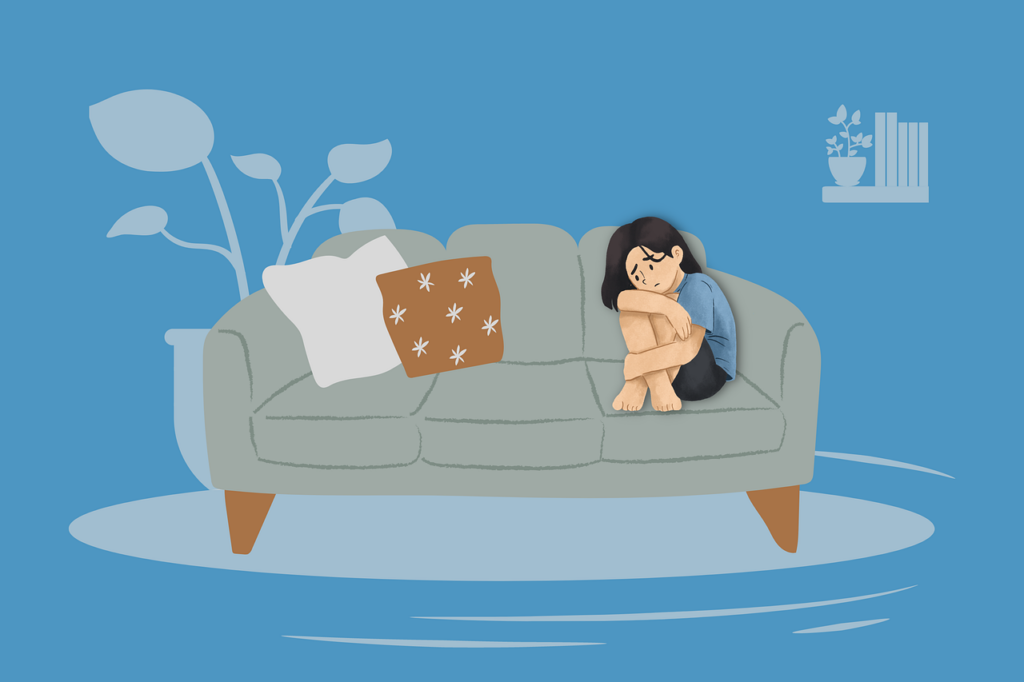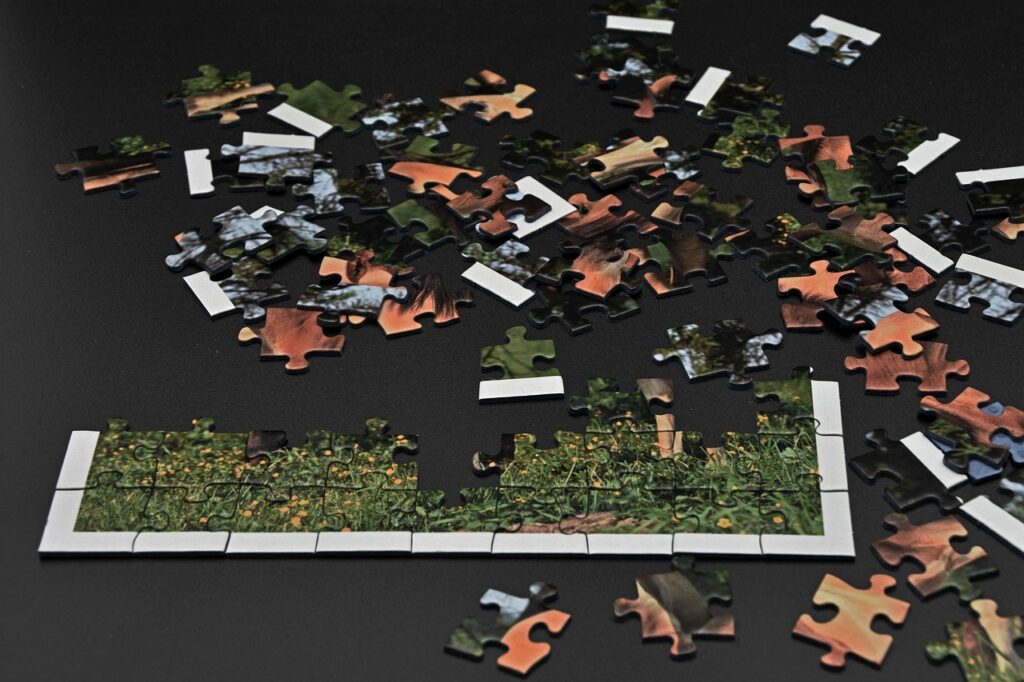
We all have secrets—things we keep to ourselves or only share with a select few. Sometimes, we hide these secrets because we feel ashamed of something we did or said. The painful part is that these secrets can make us believe that there’s something inherently wrong with us. But the truth is, our shame often prevents us from embracing the full complexity of who we are. It’s in accepting all parts of ourselves that we begin to heal.
Shame Doesn’t Define You
The lie that shame tells us is that who we are is wrong rather than that what we did is wrong. There is a distinction between these two ideas. One defines you as a person, while the other focuses on your actions. You can change your behavior. Instead of being defined by what you did, get curious about why you acted the way you did. Allow yourself to be complex. For instance, you could have said something hurtful during an argument, and now you are judging yourself. Instead, take accountability for what you did, apologize, and choose to do better next time.
Embrace Imperfection
While one moment can be defining, it doesn’t determine who you are. You are more than your past mistakes. In life, you will make mistakes because you are not perfect. These mistakes are part of being human and do not define your worth. Shame may make you believe that your mistakes make you defective or inadequate, but remember, imperfections are a natural part of who you are—they do not make you less worthy.
Be Vulnerable
You might think hiding who you are keeps you safe. While that can be true to some extent, it can also prevent people from fully knowing who you are. What if you knew people would accept the parts of you that you’re ashamed of? The freedom to be yourself and to be loved just as you are is healing. It doesn’t have to start with a big secret. It can start with more openness and vulnerability about who you are.
Final Thoughts
Shame is not an easy emotion to deal with. However, it is something we experience at some point in life. You are not alone in this experience. I want you to know that shame doesn’t define you. Nothing is wrong with you. Allow yourself to be imperfect because that’s part of being human. Remember, you are always worthy.








